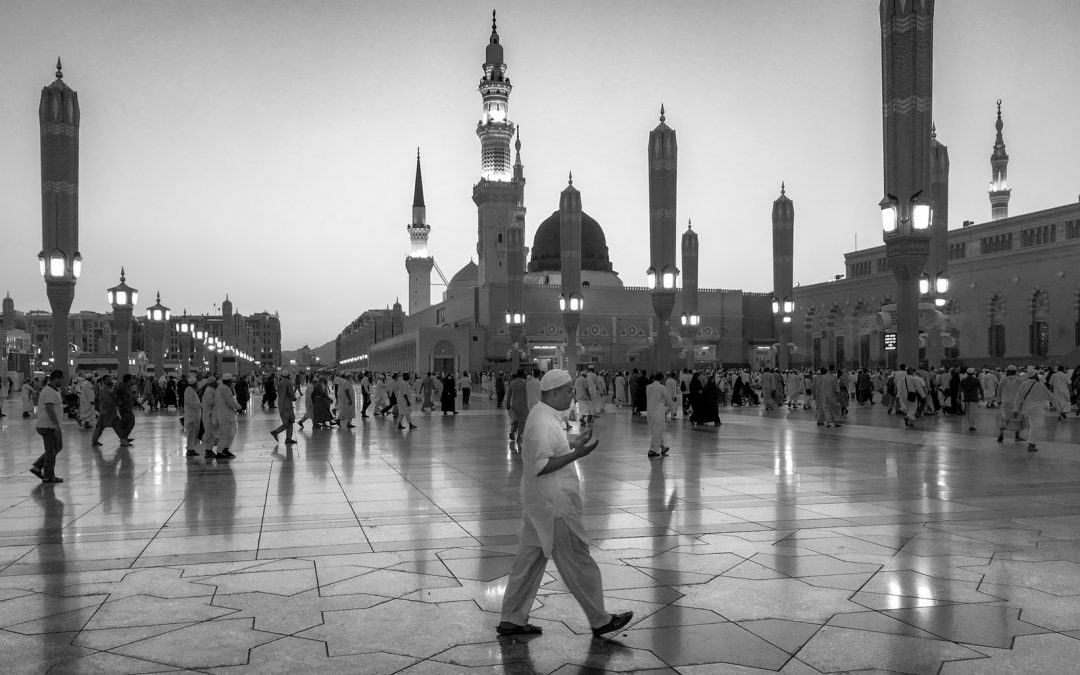WASHINGTON — Israeli citizens are now allowed to travel to Saudi Arabia for the first time in the country’s history, according to a statement Sunday by the country’s Interior Minister Aryeh Dery.
The rule applies to business meetings, including searching for new investment opportunities, as well as for Islamic pilgrimages, and can allow travel to the kingdom for up to 90 days. Business trips are conditional on the traveler receiving an invitation from a Saudi official as well as not having outstanding warrants that bar visits to the country.
Israelis — particularly Arab-Israelis — have already been traveling to the kingdom in modest numbers for religious trips, yet in the past this required special permission from the government.
Questions on implementation remain. In response to Israel’s announcement, Saudi Arabia’s Foreign Minister Faisal bin Farhan Al Saud told CNN that Israeli passport holders cannot visit the kingdom “at the current time.” He noted Riyadh’s policy remains the same and that integrating Israel into the regional context is contingent on a peaceful resolution between the Palestinians and the Israelis.
Why it matters: The decision is part of a broader Israel strategy to soften relations with its Arab neighbors, particularly Saudi Arabia, which shares enmity toward Iran.
Despite no formal diplomatic relations, Jerusalem and Riyadh have warmed in recent months, highlighted by Israel congratulating the kingdom in September of 2019 during their national day.
“May this holiday take place again in safety, security and a climate of peace, cooperation and good neighborliness,” read one tweet from an Arabic-language Twitter account run by the Foreign Ministry in Jerusalem. “We ask God, the exalted, that your efforts to develop, prosper and advance will be successful.”
Before the announcement, Israeli pilgrims to Saudi Arabia have gone through Jordan to arrange travel, according to a comment in Haaretz by Sheikh Abd al-Rahim Fukara, a spokesman for The Hajj and Umrah Committee.
Diverting travelers from Jordan, Fukara said, could affect Israel’s relations with the country. The committee estimates that around 30,000 Israeli pilgrims travel to Saudi Arabia every year.
What’s next: The decision came one day before the Trump administration hosted Israeli Prime Minister Benjamin Netanyahu at the White House. Trump also received a visit from Netanyahu’s political challenger, Benny Gantz. The White House is expected to unveil its plan for peace in the Middle East on Tuesday.
Know more: Earlier this month, Israel’s Energy Minister Yuval Steinitz and his Egyptian counterpart Tarek El-Molla announced that Israel would begin sending natural gas to Egypt. Read the story from our Israel Pulse columnist Mazal Mualem.

